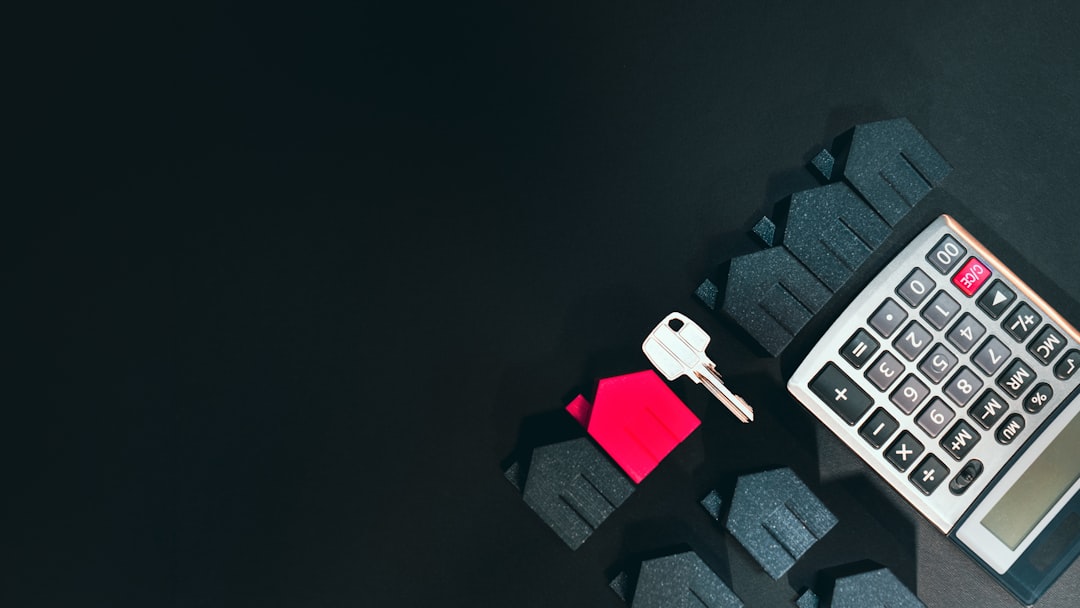Married couples considering Debt Consolidation Loans should weigh secured and unsecured loan options based on asset ownership and financial goals. Secured loans with collateral offer lower rates but risk asset loss; unsecured loans lack collateral but have higher interest rates. Assess your situation to choose the best path for consolidating debts and protecting your future.
Understanding the difference between secured and unsecured loans is crucial for making informed financial decisions. This article breaks down these loan types, focusing on how collateral influences terms, and exploring benefits and risks. Specifically, we delve into debt consolidation options tailored for married couples, considering both traditional secured loans backed by assets and unsecured alternatives with no collateral. By the end, you’ll grasp the key distinctions to choose the best fit for consolidating debts effectively.
- Understanding Secured and Unsecured Loans
- How Collateral Impacts Loan Terms
- Benefits and Risks of Each Loan Type
- Debt Consolidation Options for Married Couples
Understanding Secured and Unsecured Loans

Secured and unsecured loans are two distinct types of financial instruments that cater to different borrower needs. Secured loans, as the name suggests, are backed by a form of collateral, typically real estate or valuable assets. This ensures lenders have a safety net in case the borrower defaults on their payments. Such loans often come with lower interest rates and more flexible terms, making them appealing for significant purchases like homes or cars. On the other hand, unsecured loans do not require any collateral and rely solely on the borrower’s creditworthiness and repayment capacity. While they might have slightly higher interest rates, they offer convenience and freedom since there’s no risk to the lender if repayments are missed. For married couples seeking debt consolidation, understanding these differences is crucial. Secured loans could be advantageous for those with substantial equity in their homes, enabling them to consolidate high-interest debts at lower rates. Unsecured loans might be a better fit for couples with limited assets, focusing on manageable repayment terms and avoiding the risk of losing collateral.
How Collateral Impacts Loan Terms

When considering a secured or unsecured loan, one significant factor is the presence—or absence—of collateral. Collateral refers to an asset that a borrower pledges to secure the loan. This could be anything from property and vehicles to investments and savings accounts. The purpose of collateral is to protect the lender in case the borrower defaults on repaying the loan.
For married couples exploring debt consolidation loans, collateral can significantly impact loan terms. If they choose to use an asset as collateral, they might secure more favorable interest rates and loan terms. Lenders view collateral as a form of insurance against loss, which can result in lower risk for them and potentially better conditions for the borrowers. Conversely, unsecured loans carry higher risks for lenders, often leading to stricter credit checks and potentially less favorable terms.
Benefits and Risks of Each Loan Type

Secured vs Unsecured Loans: Weighing Benefits and Risks
Secured and unsecured loans offer distinct advantages and potential drawbacks, especially for married couples considering debt consolidation options. Secured loans, backed by collateral like property or vehicles, generally feature lower interest rates and larger borrowing limits. This makes them appealing for couples with significant assets, as it allows them to save money over the life of the loan. However, the risk lies in the potential loss of the collateral if they fail to repay the debt, a significant downside for married couples aiming to protect their shared financial future.
On the other hand, unsecured loans don’t require collateral, making them more accessible but often with higher interest rates and smaller borrowing limits. For married couples without substantial assets, this option can provide flexibility and avoid the risk of asset forfeiture. Nevertheless, the absence of collateral means the lender’s primary recourse in case of default is through credit checks and collection efforts, which can impact the couple’s credit score and overall financial health. Balancing these factors helps couples make informed decisions when exploring debt consolidation loans.
Debt Consolidation Options for Married Couples

Many married couples find themselves burdened by multiple debts, whether from mortgages, credit cards, or other financial obligations. In such situations, Debt Consolidation Loans for Married Couples offer a strategic solution to simplify repayment and reduce overall interest costs. These loans allow couples to combine their various debts into a single, more manageable payment stream.
One popular approach is to secure a loan against one of the couple’s assets, like their home, which can provide better terms and lower interest rates. Alternatively, unsecured debt consolidation loans offer flexibility without requiring collateral but may come with higher interest rates. Careful consideration should be given to each option based on individual financial situations, ensuring the chosen method aligns with long-term financial goals and stability.
Secured and unsecured loans serve distinct purposes, with secured loans relying on collateral for favorable terms while unsecured loans offer flexibility but carry higher interest rates. For married couples seeking debt consolidation, understanding these differences is key. While secured loans can provide lower interest rates and longer terms, they pose a risk of losing collateral in case of default. Unsecured loans, though more expensive, offer no collateral requirement, making them attractive for those who prefer not to risk an asset. When considering a Debt Consolidation Loan for Married Couples, evaluating your financial comfort level and available assets is essential to make an informed decision that aligns with your debt relief goals.
